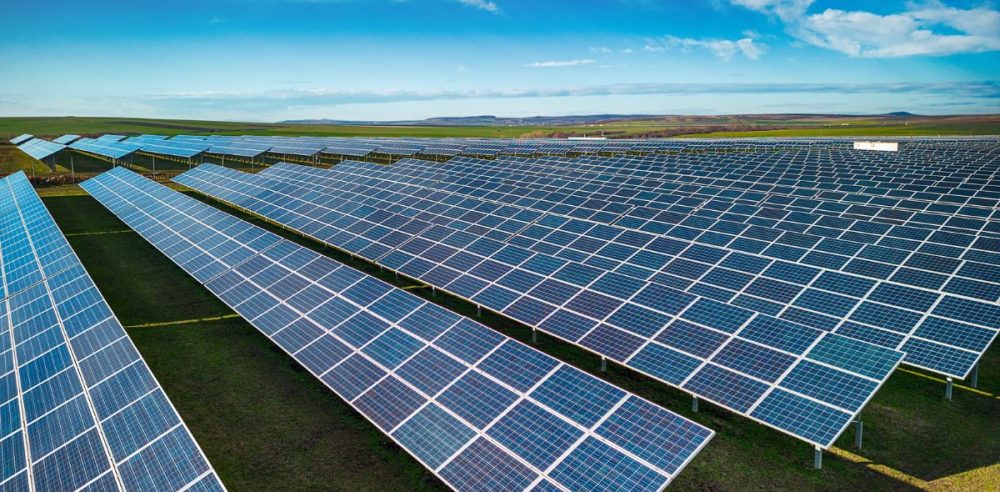SB Energy Global LLC will use solar energy generated in Central Texas to power Google data centers in the Metroplex.
On Oct. 18, SB Energy announced that its solar plants, Orion 1, Orion II, and Orion III, located in Buckholts in Milam County (northeast of Austin), were commercially operational. Known collectively as the Orion Solar Belt, it was officially opened as the largest solar project in the United States.
Together, the solar farms can produce 875 megawatts of power. To achieve the output, SB Energy relies on more than 1.3 million solar modules.
For comparison, Google recently announced it was securing a contract to purchase nuclear energy from numerous small modular nuclear reactors being developed by Kairos Power. The first small reactor is expected to come online by the end of the decade and produce 500 megawatts of power, over 40% less than the Orion Solar Belt. The initiative is part of the effort for big tech companies to find sustainable energy sources, particularly in the face of growing energy demand to support resource-hungry applications like artificial intelligence.
“SB Energy is a fully integrated US renewable platform focused on utility-scale solar, storage, and AI-enabled 24/7 energy management,” reads a description of SB on the company’s website.
The energy harnessed from the sun will ultimately be used to power Google’s data centers in Midlothian and Red Oak in Ellis County, as well as cloud computing in the Dallas region.
“Google’s data centers house some of the world’s most popular services and are a major economic engine for 21st century business… Our goal is to make sure that the services and products that people and customers use every day are powered by reliable carbon-free energy around-the-clock. We’re thrilled SB Energy’s Orion Solar Belt is coming online, helping build a stronger future for communities and Google in Texas,” said Ben Sloss, a vice president at Google, per the Dallas Business Journal.
In August, Google announced it would invest $1 billion in Texas in 2024 to help grow its cloud and data center infrastructure. The expansion will help support the growing demand for the company’s services, such as the cloud-based storage service Google Drive.


